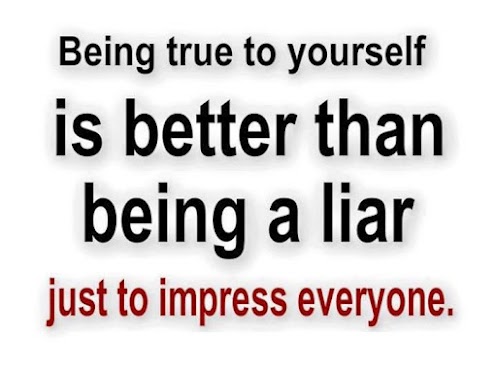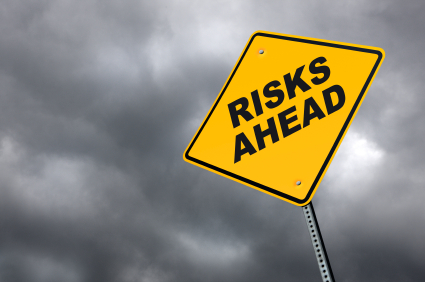When a sibling’s death turns the baby of the family into the oldest son, you get an identity crisis filled with anger and confusion.
As part of my treatment for OCD I’ve had to dig deep into my Revere past for clues on how I got this way. Recently, this huge piece of the puzzle presented itself.
Mood music:
[spotify:track:5QJ7GsolBcJP0tQnEZIU6i]
I’ve written at length about my brother Michael, who died of an asthma attack when I was 13. That experience will test any average kid, and I was no exception. The loss infused a deep reservoir of fear and anxiety in me that would bubble over many times over the years.
But something else happened that would make me feel strange and alone for a long time.
I started my life as the youngest of three kids, the proverbial baby of the family. Michael was the oldest, and in the Brenner family much has always been expected of the oldest son.
My father was the middle child of his generation, but he was the only son. My grandfather, who came off a boat from the former Soviet Union with all the typical old-school values, expected the world of my father. As my grandfather descended deep into old age and illness in the mid-1960s, my father became increasingly responsible for the family business.
Growing up, my older brother became the one my father leaned on the most. Michael was encouraged to chart his own course and was studying to be a plumber. But he was expected to help out with the family business and do a lot of the grunt work at home.
I was the baby, and a sick and spoiled one at that. I came along almost three years after my sister Wendi, and by age eight I was in and out of the hospital with dangerous flare ups of Crohn’s Disease. I got a lot of attention but nothing hard was expected of me. I was coddled and I got any toy I wanted.
The result was a lower-than-average maturity level for my age. At age 10 I acted like I was 5 sometimes. I would crawl into bed with my father for snuggles, just like a toddler might do.
During Christmas 1980 — the first after my parents’ divorce — I wanted it to look like Santa had come, even though I knew by that point that he didn’t really exist. I clung hard to the delusion, because my parents played Santa all the way up to their last Christmas as a couple, when I was nine. So on Christmas Eve 1980, I took all the gifts I had already opened and arranged them as if Santa had dropped them in my living room. I even wrote a “To Billy from Santa” note. Christmas morning I got up, went in the living room and expressed all the excitement of a kid who discovers that the jolly fat guy had come overnight.
My maturity level hadn’t changed much by the time I hit 13. I probably regressed even further right after my brother died. But as 1984 dragged on, I was slowly pulled into the role of oldest son.
All the stuff that was expected of my brother became expected of me, and I wasn’t mentally equipped to deal with it. My brother had a lot of street smarts that I lacked.
As I descended into my confusing and angry teen years, I would be sent on deliveries for the family business. I’d get flustered and lose my sense of direction. One time my father sent me to Chelsea for a package. It was 4:30 and the place I was going to was closing at 5. I got there at 5:10 and had to drive back to Saugus without a package. I felt humiliated and ashamed.
As I reached my 20s all that immaturity and feeling of inadequacy hardened into an angry rebellious streak. I started getting drunk and stoned a lot and would hide behind boxes in my father’s warehouse, chain-smoking cigarettes and binge eating while everyone else did the dirty work.
I spent three years hiding in a community college so I wouldn’t have to work. I had no idea what I wanted to do with my life, though I saw myself a poet and musician.
I try hard to remember the point where I started to finally act like the oldest son and accept responsibility for my life. There’s no single moment I can think of, though I trace the turning point to when Erin and I started dating in 1993.
I stayed selfish for many years after that, but I had at least found my career choice and work ethic. My work ethic would become excessive like a lot of other things in my life, but the feelings of inadequacy would linger.
Every time I got a raise or promotion, I’d call my father, eager to show him how I was moving up in the world and becoming the oldest son he always wanted.
He would ask how much the raise was and I’d tell him.
“That’s it?” he would ask.
Never, ever good enough, I thought bitterly.
As I’ve gotten older, I’ve come around to see and respect his point of view. Becoming a parent probably pushed me hard in that direction. I realized along the way that Dad was doing his best to teach me how to be a man and fly on my own.
He wanted me to understand the value of a dollar and a hard day’s work. He wanted me to understand what it was like to care about things other than myself.
Slowly but surely, I figured it out. Thanks, Dad.
Still, to this day, I still need to work at it.
All the confusion and anger over going from the baby to the oldest son has settled into gratitude. I have an amazing life and the inner piece that has always escaped me. I wish my brother was still here to corrupt his nephews, but in a sick sort of way, maybe his exit from the stage was required in order for me to have a chance.
That too might be delusional thinking, and make no mistake: I’d still give up a large percentage of my personal growth to have him around today.
But as this whole experience demonstrates, it’s not about me. Today I’m the oldest son and I think I’ve finally gotten the hang of it.
















